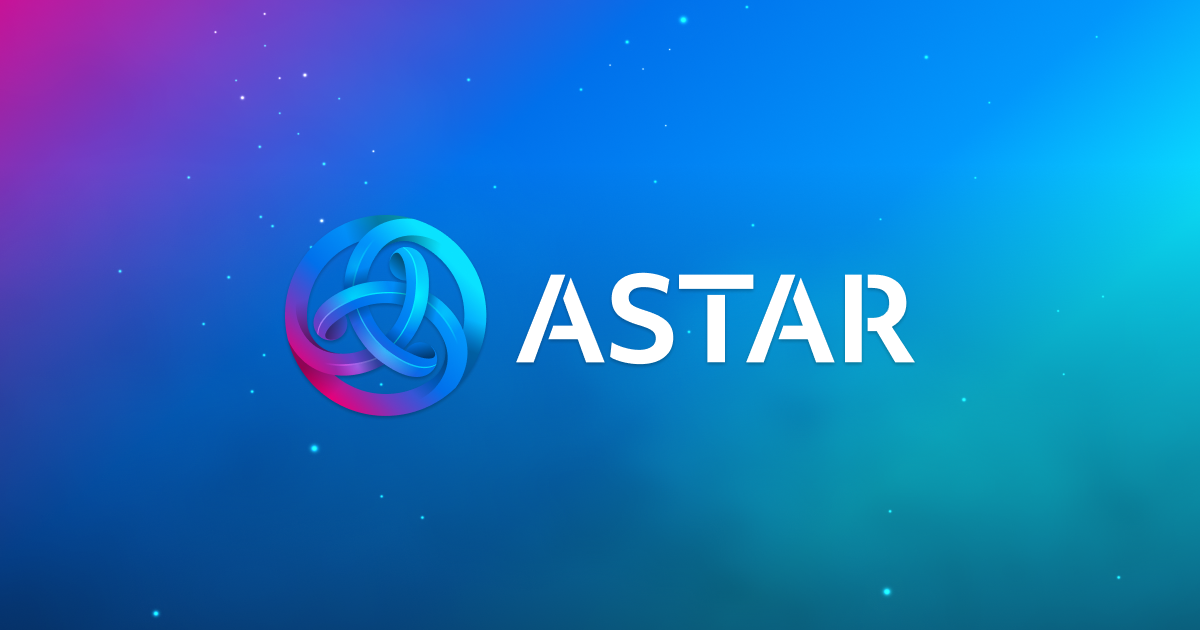Michael Cohen’s AI Mistakes: Unknowingly Citing Examples of Fakes Generated by Google Bard

Michael Cohen, a former lawyer and fixer for Donald Trump, has admitted to using it without his knowledge. A.I Manipulating legal citations in court documents. The revelations surface amid Cohen’s ongoing legal entanglements and his role as a potential witness against Trump in various legal proceedings.
In a recent court filing, Cohen revealed that he mistakenly submitted fictitious artificial intelligence-generated quotes to his attorney, David Schwartz. These quotes, generated by Google Bard, an AI chatbot, were included in a motion submitted to a federal judge. Cohen, who served time in prison and is on supervised release, was using these quotes to support a motion seeking an early termination of his supervision. He mistakenly believed that Google Bard was a “powerful search engine” and was unaware of its ability to generate non-existent legal cases..
This error was made worse by Schwartz’s failure to check the citation. Schwartz assumed the cases had been investigated by lawyers other than Cohen and did not take into account that the cases cited were fictitious. He accepted responsibility for the submission and apologized for not having personally seen the case before submitting it to the court. These oversights raise questions about legal research’s due diligence practices and reliance on AI tools..
While Cohen’s use of the AI-generated quote was unintentional, it could potentially impact his credibility as a witness in the ongoing legal case against Trump. Cohen testified against Trump in a New York civil lawsuit and is also a key witness in the upcoming criminal lawsuit. This case illustrates the risks associated with new legal technologies and highlights the need for legal professionals to keep up to date with these trends..
The case involving Cohen and Google Bard highlights the growing integration of AI in legal research. AI tools can increase research efficiency, but they also pose risks, including generating inaccurate or false information. This situation highlights the importance of understanding the capabilities and limitations of AI in a legal context. Lawyers and legal professionals must exercise caution and conduct thorough verification when using AI-generated content.
Image source: Shutterstock



